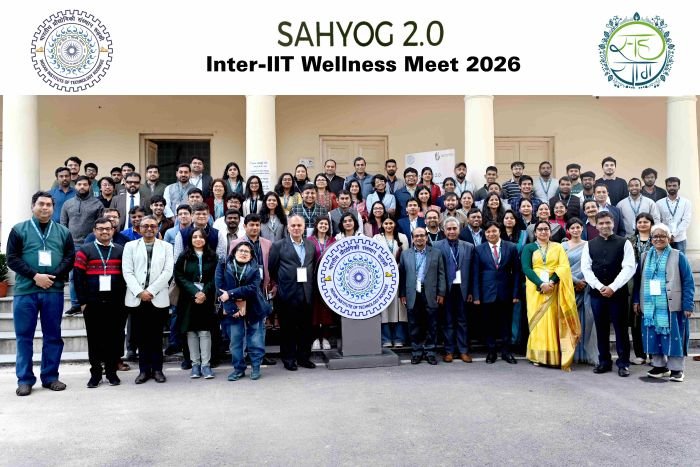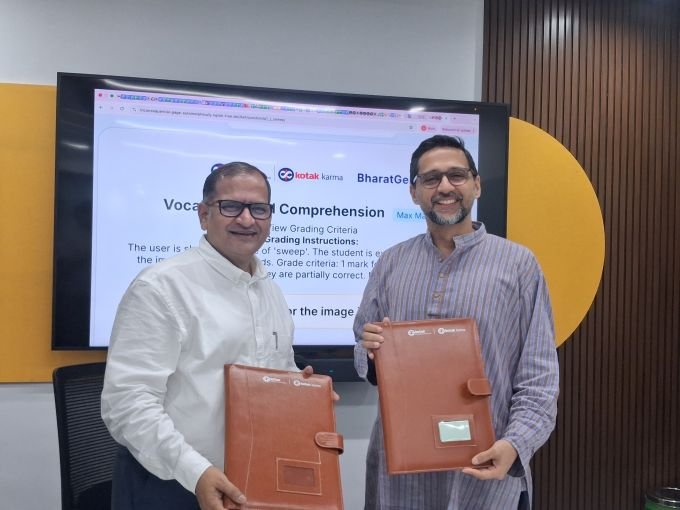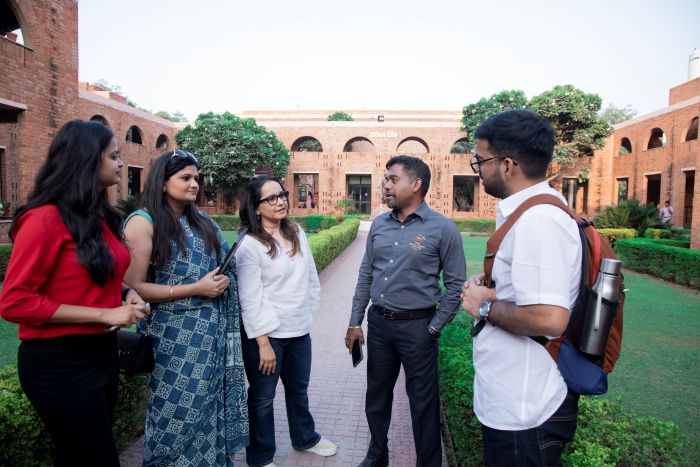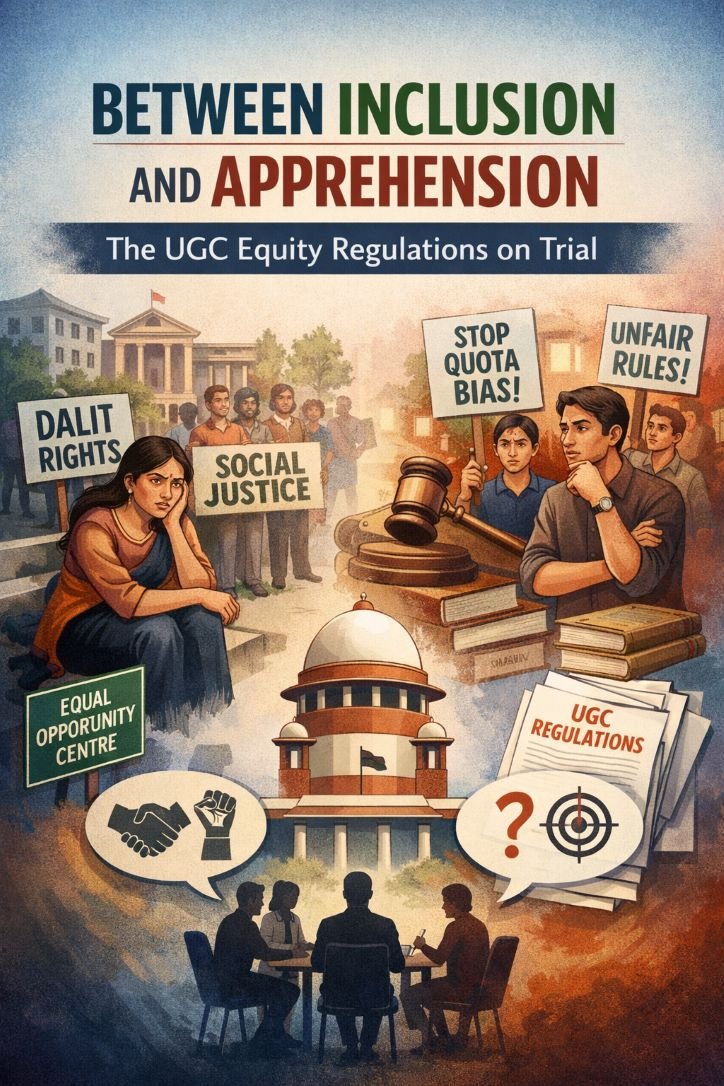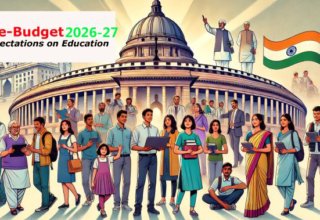
The National Education Policy (NEP) 2020, produced over formulation process of five years, may have not been put to a Parliamentary debate (which it should have been), qualifies for being one of the biggest achievements of the BJP-led NDA government headed by Prime Minister Narendra Modi. NEP 2020, has in fact, done the same that economic liberalization of 1990s did to Indian economy.
In Education sector, everybody was working in the dark, in silos and making local effort to address some of toughest challenges some wrapped in time, others in resource crunch and policy vacuum. Importantly, the education governance culture was a top down routine without necessary sensitization at the grassroots. For instance, NCF 2005 was never read by bulk of teachers, even if they were teaching textbooks on its basis. Most people in the departments and school heads weren’t conversant with the previous policy that was made in 1986 and reviewed in 1990.
Essentially, the education sector lacked a holistic pull to transform while a glut of regulations and multiple agencies actually stifled its healthy growth. While the profession of teacher lost appeal among the bright students, filling up the staggering teacher vacancies gave rise to an army of para teachers by various nomenclatures across the country. The public universities and their affiliated colleges filled to their brim with students, also fanned a lot of unrest due to lack of infrastructure and other facilities. The ritualistic regulatory environment didn’t deter mischievous players but prohibited innovations and handholding.
NEP 2020, again with its flaws may not be the magic doctrine, but at least, it has set in the thinking process rolling on how to unravel the challenges before education in this country. While, it brought pre-schooling under the fold of education (a long-standing reform and demand by experts), it also gave college students a reason to explore the real world. The multiple entry and exit provision in degree courses and integrating skilling into them, are simply revolutionary. Earlier, barring for a continuous and attentive 3-year study regimen, not everybody’s cup of tea, country’s young adults were chained to a single dream.
The UGC while implementing NEP 2020, has brought in several reforms, which everybody longed in the past. From doing away with research paper publication for Ph D thesis to professor of practice and equivalence to online degrees, higher education in India has become enabling and possible as never before. By providing a target of 50% GER for higher education by 2035, NEP 2020, has actually set the ball rolling for creating the capacity and addressing the shortages.
The skills education, despite being seen and felt as crucial for addressing both the need of skilled human resources and making all youth employable, as a societal norm was seen as inferior to mainstream education and discouraged. NEP 2020 having integrated skills education with the mainstream education is bringing about a fundamental transformation of making it respectful. If it becomes successful in implementing it in schools and colleges, one of the greatest challenges that vocational education faced of being the choice of dropouts will disappear. That intangible achievement will also improve India’s standing in the world as a supplier of skilled human capital.
In school education, the major challenges included rote learning and the system being examination centric. This created unique set of problems and in a way hampered schooling objectives and holistic development of children. Sports and physical activities almost disappeared from schools. Cocurricular became ritualistic than must have experiential activities on campuses. A large population of teens, who educated this way, actually were cut off from family traditions and farming and loitered instead of picking productive skilling. A large number lived below their potential in adult lives.
Similarly, while community engagement was covered in the law, in practice, the community is still at arm’s length of school administrators and hardly seen as stakeholders except for fees. The teacher crisis is the real crisis facing the schools, but rules made taking services of practitioners and experts unwarranted.
NEP 2020 has the potential to address many of these challenges. However, the enormity of the landscape and political barriers using federalism, poses a challenge to implementation of the policy itself. Prime Minister Narendra Modi, post-announcement of NEP 2020 has taken a lot of personal interest in creating awareness about it and also is making a sincere push for its implementation. But it is miles to go, before NEP 2020 is credited with working on the ground.
-AN


